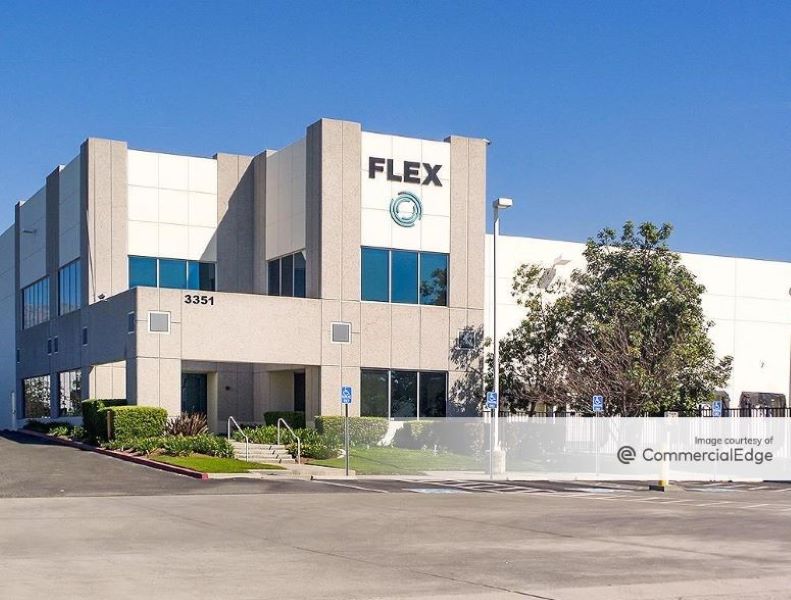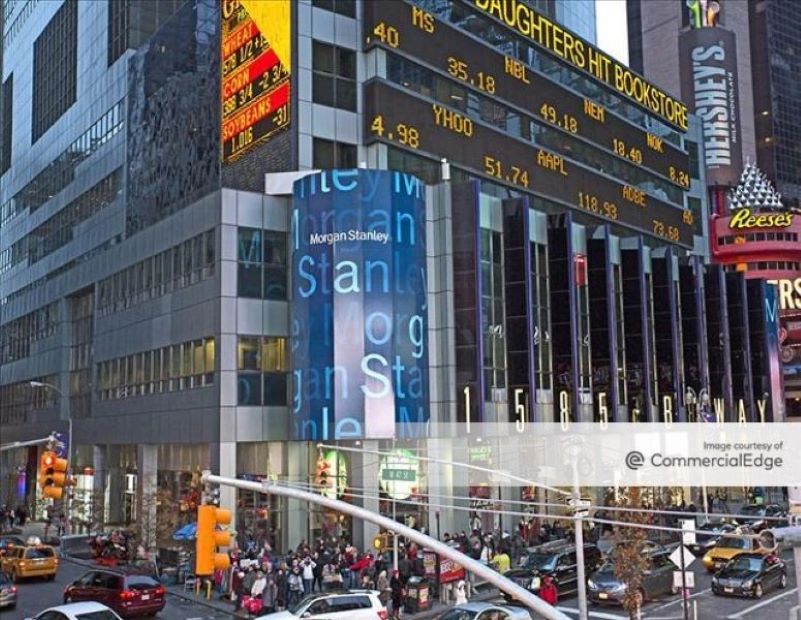Anbang Consortium Ups the Ante for Starwood, Surpassing Marriott’s Latest Bid
The Chinese insurance group made a $14 billion offer to acquire Starwood Hotels & Resorts Worldwide, topping Marriott International's most recent bid.
By Gail Kalinoski

The Hotel del Coronado, a San Diego landmark that Angbang would acquire as part of its reported $6.5 billion deal for Strategic Hotels & Resorts.
New York—The bidding war for Starwood Hotels & Resorts Worldwide Inc., heated up again this week as the consortium led by Anbang Insurance Group of China upped the ante to $14 billion, topping Marriott International Inc.’s most recent $13.6 billion offer. While Marriott reaffirmed its commitment to acquire Starwood, several analysts have said Marriott might just have to walk away after all.
“Based on the value of expected synergies, it appears Marriott could increase its bid further, but it’s not clear whether that means they will,” Lukas Hartwich, an analyst with Green Street Advisors LLC, wrote in an emailed report. “For example, if Marriott were to match the Consortium’s bid, the company would essentially give up most of the upside it expects to create from the combination of the two companies.”
Hartwich and others have said Marriott, which first revealed its intentions to acquire Starwood in November for $12.2 billion, could end up with no deal and instead collect the $450 million termination fee.
“I just think Marriott is too disciplined to pay more than what they’ve already offered,” David Loeb, a senior research analyst at Robert W. Baird, said on CNBC’s The Rundown show Tuesday morning. “If I was a Starwood shareholder, I would be asking for the maximum value and I would be asking for the maximum value now. I think Anbang’s offer, being all cash, is probably the one that shareholders would rather have. The advantage is definitely with Anbang at this point.”
Last week, Deborah Friedland, EisnerAmper LLP’s director of corporate finance practice, told Commercial Property Executive that Anbang would likely counter Marriott’s latest offer of $13.6 billion, and she was right.
On Monday, Stamford, Conn.-based Starwood announced it had received an offer that it had deemed “reasonably likely to lead to a ‘Superior Proposal’ as defined in Starwood’s merger agreement with Marriott International.” The non-binding proposal came from the Anbang consortium that also includes private equity groups J.C. Flowers & Co. and Primavera Capital Ltd. and proposed acquiring all outstanding shares of Starwood’s coming stock for $82.75 per share in cash, boosting its offer to about $14 billion from an earlier bid of $13.2 billion. Over the weekend, it had also offered $81 per share in cash before coming in with the final offer of $82.75 by Monday.
Starwood, which had planned to hold a stockholders’ meeting Monday to consider the merger with Marriott and its $13.6 billion bid, postponed the meeting until April 8. A press release from Starwood noted that the Board of Directors “has not changed its recommendation in support of Starwood’s merger with Marriott.” But it did add, “Starwood and the consortium are continuing to discuss non-price terms related to the consortium’s revised proposal, and are working to finalize the other terms of a binding proposal from the consortium, including definitive documentation.”
Meanwhile, Bethesda, Md.-based Marriott issued its own press release Monday reaffirming its commitment to acquire Starwood, stating it was “confident that the previously announced amended merger agreement is the best course for both companies.”
Marriott said the “combined company will offer stockholders significant equity upside and greater long-term value driven by a larger global footprint, wider choice of brands for consumers, substantial revenue synergies, and improved economics to owners and franchisees leading to accelerated global growth and continued strong returns.”
The amended agreement states that Starwood shareholders would receive $21 in cash and 0.80 shares of Marriott International Inc. Class A common stock for each share of Starwood Hotels & Resorts Worldwide Inc. common stock. The transaction values Starwood at approximately $13.6 billion (not including its timeshare business), consisting of $10 billion of Marriott International stock and $3.6 billion in cash. Starwood shareholders would own approximately 34 percent of the combined company’s common stock after completion of the merger, based on current shares outstanding
If the merger goes through, it would create the world’s largest hotel company. Starwood, which has brands such as St. Regis, W, Westin, Sheraton, Four Points by Sheraton, Aloft and Element, has nearly 1,300 properties in approximately 100 countries. Marriott has more than 4,400 properties in 87 countries and territories. Its brands include The Ritz Carlton, Bulgari, JW Marriott, Renaissance Hotels, Marriott Hotels, Courtyard, Residence Inn, SpringHill Suites, Fairfield Inn & Suites and TownePlace Suites.
It would also be the largest purchase to date made by a Chinese company, according to the Wall Street Journal. Asian investments, particularly in the United States hospitality sector, have been increasing in recent years with Anbang leading the pack with its October 2014 purchase of the iconic Waldorf Astoria New York from Hilton Worldwide Holdings Inc. for $1.95 billion. More recently, Anbang announced plans to acquire luxury hotel owner Strategic Hotels & Resorts Inc. for a reported $6.5 billion.
While it has yet to make another counter offer, Marriott’s news release Monday urged Starwood shareholders to “give serious consideration to the question of whether the Anbang-led consortium will be able to close the proposed transaction, with a particular focus on the certainty of the consortium’s financing and the timing of any required regulatory approvals.”
Marriott also said it had scheduled an April 8 meeting for its stockholders to consider the proposed acquisition and merger agreement.







You must be logged in to post a comment.